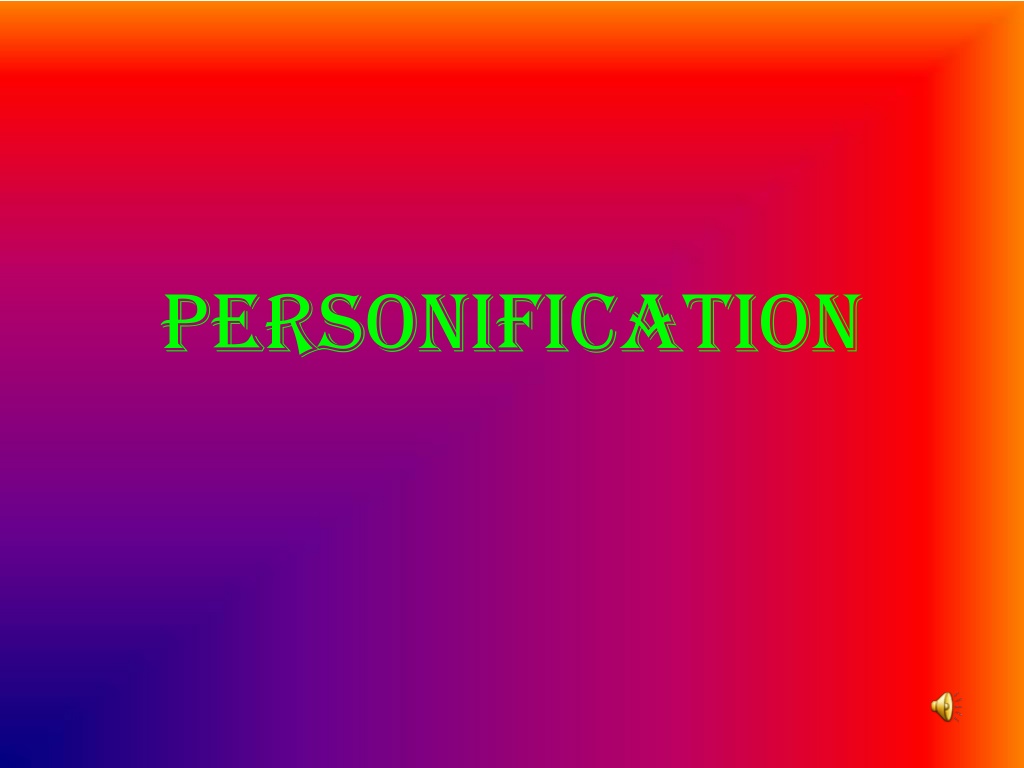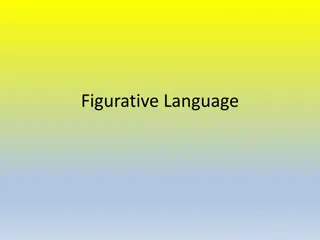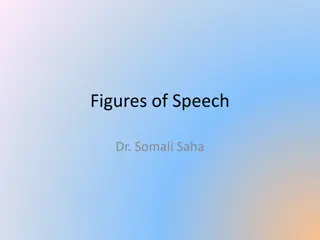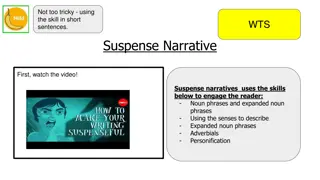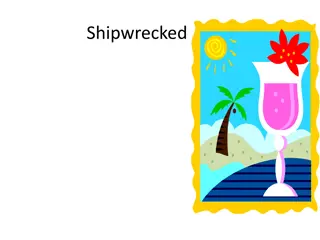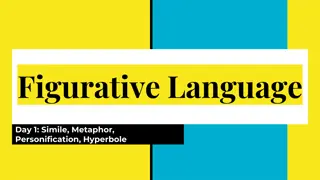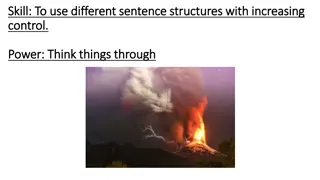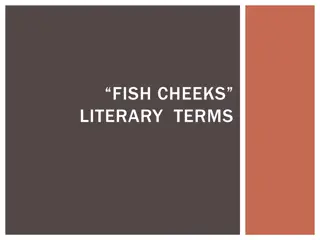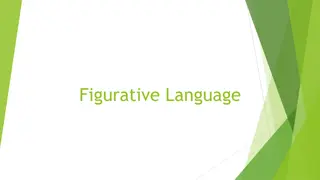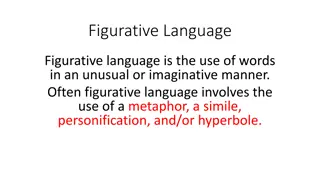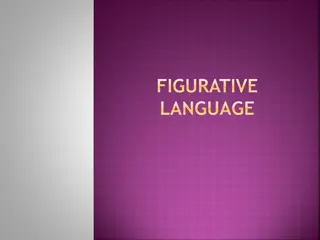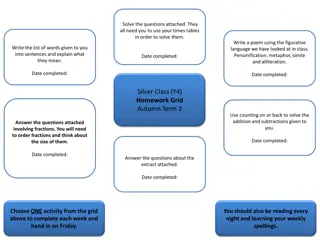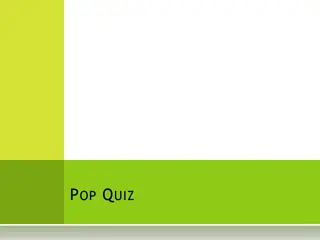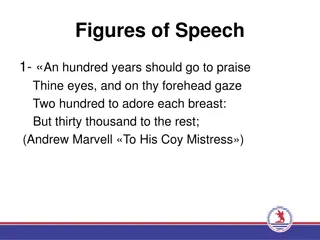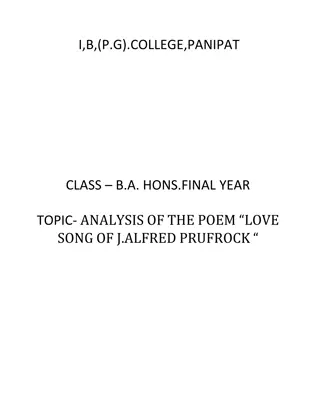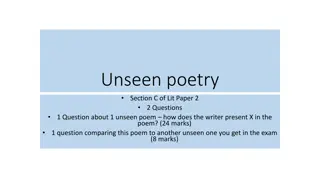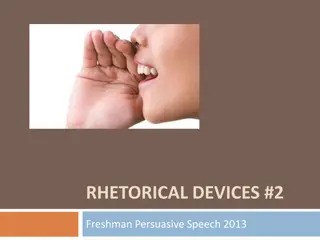Personification
Learn about personification in poetry, where human qualities are attributed to non-human objects. Discover examples and understand why authors use this literary device to create vivid imagery and evoke emotions in readers. Dive into classic poems like "Hey Diddle, Diddle" and explore how poets personify elements like fog to tell captivating stories in just a few words.
Download Presentation

Please find below an Image/Link to download the presentation.
The content on the website is provided AS IS for your information and personal use only. It may not be sold, licensed, or shared on other websites without obtaining consent from the author.If you encounter any issues during the download, it is possible that the publisher has removed the file from their server.
You are allowed to download the files provided on this website for personal or commercial use, subject to the condition that they are used lawfully. All files are the property of their respective owners.
The content on the website is provided AS IS for your information and personal use only. It may not be sold, licensed, or shared on other websites without obtaining consent from the author.
E N D
Presentation Transcript
What is it? Personification: giving a human quality to non-human objects Examples: The wind sang her mournful song through falling leaves The cool water winked at the hot swimmers When Alice turned the ignition, the car s engine coughed and sputtered.
Why do authors use personification? To make writing more dramatic/interesting To convey moods and emotions To help the reader connect to the writing To create a picture in the reader s mind To give the writing personality or voice
Personification Hey diddle, diddle The cat and the fiddle, the cow jumped over the moon; the little boy laughed to see such a sport, And the dish ran away with the spoon What is being personified in this poem? What picture does this poem paint in the mind of the listener/reader?
Personification Poets often use personification to tell a story in just a few words: What is being personified in this poem? Fog Fog In what way is the fog being personified? The fog comes on little cat The fog comes on little cat feet. feet. It sits looking over harbor and It sits looking over harbor and city city On silent haunches and then On silent haunches and then moves on. moves on. What are the actions it is performing? What picture does this poem paint in the mind of the reader/listener?
Personification What is being personified in this poem? In what ways is each object being personified? What is the human action each object is performing? What picture does the poem paint in the mind of the reader/listener?
